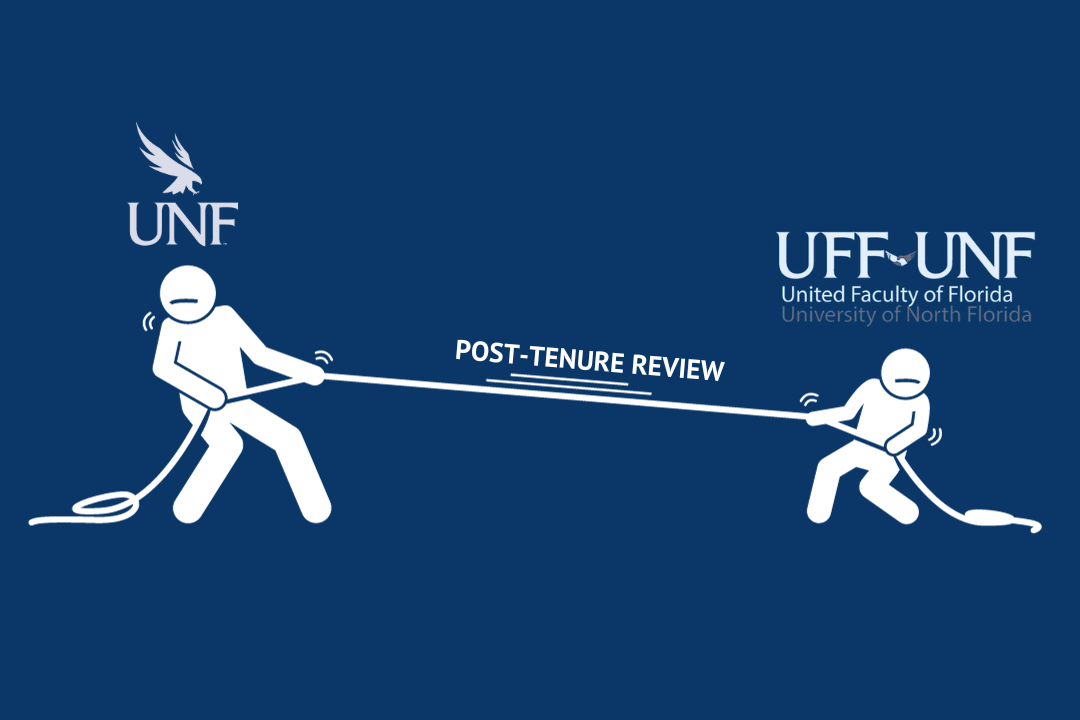
Photo courtesy Facebook
A bill that has been floating around Florida’s Congress for years is gaining traction and support, particularly from the University of North Florida.
The Competitive Workforce Act is a bill that makes it illegal to discriminate in employment, housing and public accommodations based on sexual orientation or gender identity. While the Florida Civil Rights Act of 1992 currently prohibits discrimination based on race, color, religion, sex, national origin, age, handicap or marital status, this bill would amend the act to include sexual orientation and gender identity.
The bill will make it easier for LGBT individuals and those whose gender identity may differ from the norm to find jobs and places to live because they will be protected from hate and prejudice. Just as women can’t be turned away for being women or someone who is black can’t be turned away for being black, the same will apply to someone who is gay or transgender.
Although the bill has been introduced in some form since 2009, this could be the year it finally passes — especially after same-sex marriage was legalized in Florida early this year.
While many cities, municipalities and companies have passed similar policies, a state law that prohibits this kind of discrimination would be a powerful message to send and an important tool to be used in the fight to end it.
It’s no surprise that UNF’s President John Delaney is supporting the bill. He has a lengthy history of supporting the local LGBT community and making UNF an LGBT-friendly university. Under his leadership, UNF has seen the implementation of a full-time LGBT Resource Center on campus, and next year will mark UNF’s first time offering gender-neutral housing to students.
Unfortunately, UNF may not be reflective of the attitude in the community toward LGBT issues. When same-sex marriage was legalized, courthouses in Duval, Clay and Baker counties stopped performing marriages in order to avoid marrying same-sex couples. And Jacksonville’s own human rights ordinance doesn’t include protection for discrimination based on sexual orientation and gender identity because in 2012 city council members voted against the inclusion.
It’s impressive that, after this and more opposition, Delaney still chooses to publicly support the Competitive Workforce Act.
“From a business standpoint it’s for recruiting talent and retaining talent,” Delaney told Spinnaker about his decision to support the bill publicly. “From a humanitarian standpoint, it’s just to oppose discrimination.”
This has been a big year for LGBT rights, but it still isn’t enough. Just because we are making steps in the right direction on our campus doesn’t mean we are making similar strides in the larger community of our state and country. A law like the Competitive Workforce Act is a giant stride. While it won’t put an end to discrimination, it’s another step toward the finish line and toward equality for all of us.
—
For more information or news tips, contact reporter8@unfspinnaker.com; if you see an error in this story or have any compliments or concerns, contact features@unfspinnaker.com.
.











